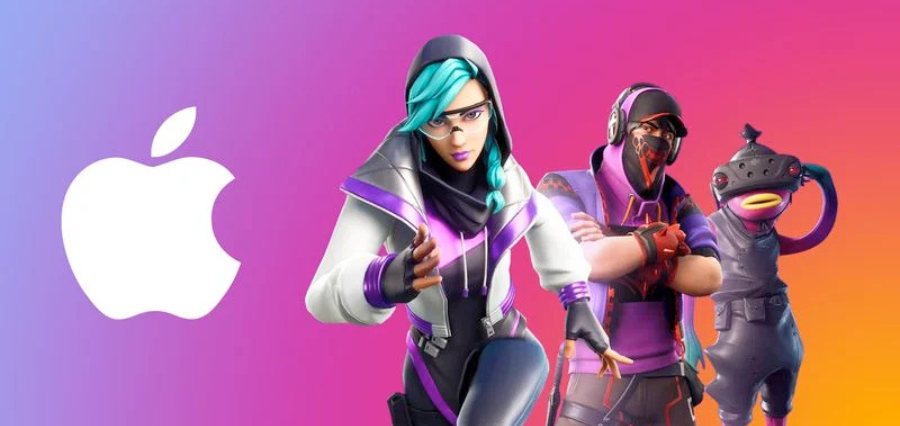Prime Highlights:
- Fortnite is once again on the U.S. iOS App Store after a de facto five-year hiatus, quickly dominating the charts.
- The title came back after Epic Games won a landmark legal case against Apple’s App Store policies.
Key Facts:
- Epic Games used its Swedish subsidiary to re-post Fortnite to the US App Store, circumventing the prohibition of its original developer account.
- Apple was subject to a court order to allow external payment links, which would enable Fortnite to conduct purchases in the game without Apple’s commission.
- Apple is appealing the ruling, requesting a stay of the injunction pending the appeals process.
Key Background:
In August 2020, Epic Games pulled the doorbell of Apple’s App Store rules when it added a direct payment system inside Fortnite to sidestep Apple’s 30% cut on in-app purchases. Apple fought back and pulled Fortnite from the App Store and initiated a simmering lawsuit between the two companies.
The court battle was over Apple’s monopoly on app distribution and in-app purchases on its store. Epic claimed Apple’s methods were monopolistic, stifling innovation and competition. Apple replied that its policies secured users and a cohesive experience.
After years of court proceedings, an American federal judge ruled that Apple must permit developers to offer users other payment systems, a ruling that benefited Epic and other game makers who wanted greater autonomy. Apple continued to decline to reinstate Fortnite immediately, and so Epic approached the court with a complaint. Pressure from the court caused Apple to permit the return of Fortnite through Epic’s Swedish subsidiary, which had been set up to sell the game throughout the European Union.
Fortnite’s back on sale on May 20, 2025, was a watershed in the digital marketplace practice controversy. Within hours, the game was on the App Store’s free games charts, showing the game’s staying power. The new edition allows users to purchase directly from Epic’s website, avoiding Apple’s in-app purchase mechanism and fee.
The case has wider implications in the tech industry, resonating the battle between developers and platform owners over control and fair-share of revenue. Others like Spotify and Microsoft have repeated Epic’s position, calling for more open and competitive digital ecosystems. As Apple appeals the decision, the ruling has potential implications for the operation of digital marketplaces and the degree of control platform owners maintain over developers.
For consumers, Fortnite’s comeback is a question of increased choice and possibly reduced costs, as developers can provide multiple payment options. The playing field keeps changing, with the technosphere keenly observing the effects of this court struggle.
Read More: JSW Paints Set to Acquire Akzo Nobel India in $1.1 Billion Landmark Deal




